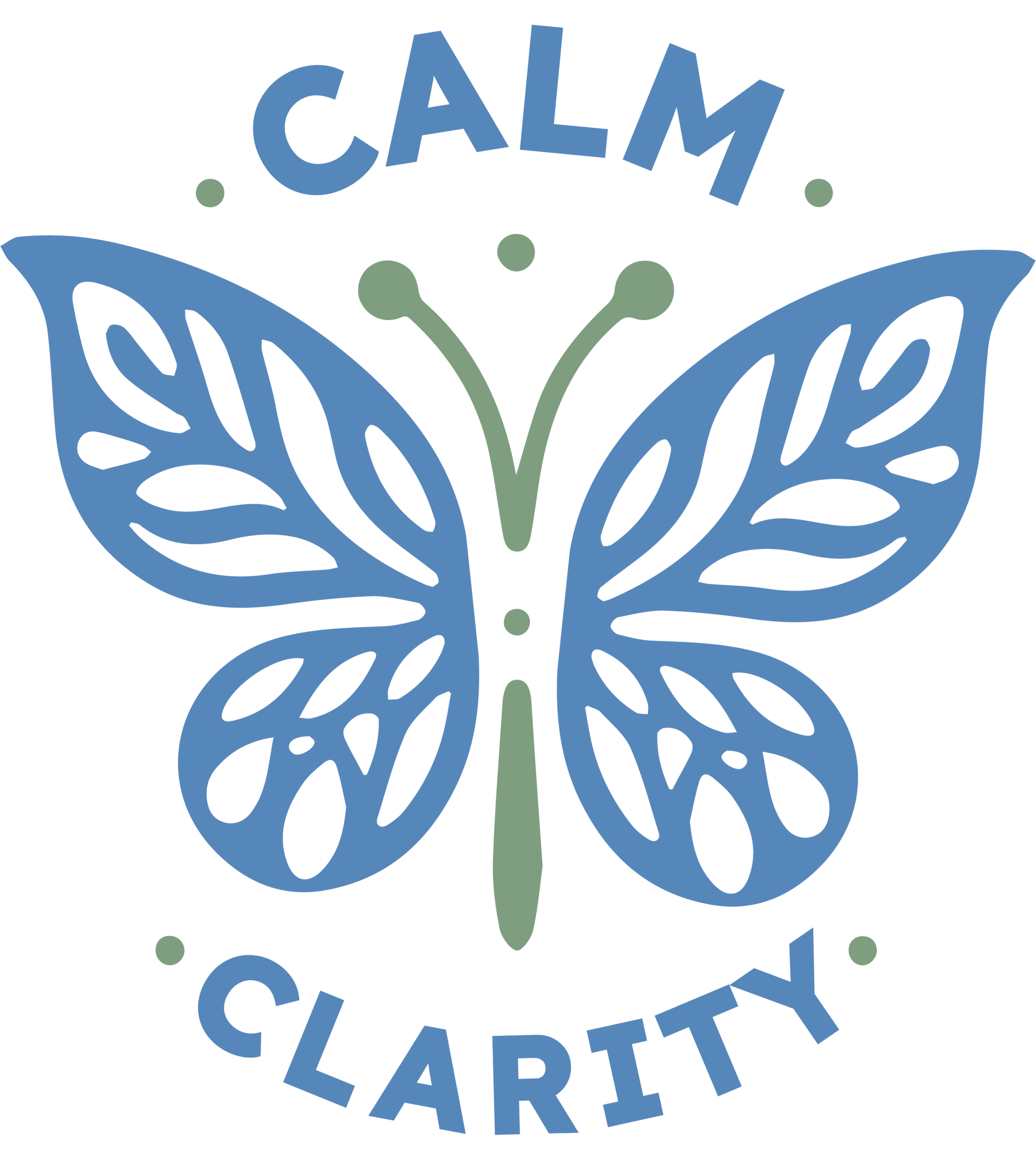Calm Clarity Therapy
The Mind-Body Connection: How Physical Health Impacts Mental Well-being

We often treat the mind and body as separate entities, distinct machines operating independently. However, the reality is far more intricate and beautifully interconnected. Your physical health has a profound and often underestimated impact on your mental well-being, and vice versa. Understanding this dynamic interplay is key to fostering holistic health and cultivating a greater sense of calm and clarity in your life, especially amidst the vibrant energy of Denver.
Think about a time you were physically unwell. Perhaps you had a nasty flu, chronic pain, or even just a persistent headache. How did you feel emotionally? Chances are, your mood wasn't exactly sunny. You might have felt irritable, anxious, down, or simply less resilient to everyday stressors. This is a prime example of how your physical state can directly influence your mental state.
The Biological Symphony:
At a biological level, this connection is undeniable. Our bodies and minds are constantly communicating through a complex network of hormones, neurotransmitters, and the nervous system.
- Inflammation: Chronic physical conditions often involve inflammation. Emerging research suggests that inflammation in the body can also contribute to mental health issues like depression and anxiety.
- Neurotransmitters: Physical activity, a cornerstone of good physical health, plays a crucial role in regulating neurotransmitters like serotonin and dopamine, which are vital for mood regulation, motivation, and feelings of pleasure. A lack of physical activity can disrupt this delicate balance.
- Hormonal Balance: Hormones like cortisol, the stress hormone, are influenced by both physical and psychological factors. Chronic stress, whether physical or emotional, can lead to hormonal imbalances that negatively impact both physical and mental health.
- Gut-Brain Axis: The gut, often referred to as the "second brain," houses trillions of bacteria that play a significant role in digestion and nutrient absorption. Interestingly, this gut microbiome also communicates with the brain via the vagus nerve, influencing mood, anxiety levels, and even cognitive function. Poor gut health, often linked to diet and stress, can therefore have mental health consequences.
The Reciprocal Relationship:
The influence isn't just one-way. Your mental health can significantly impact your physical well-being too.
- Stress and the Body: Chronic stress can manifest physically in various ways, including headaches, muscle tension, digestive issues, high blood pressure, and a weakened immune system. The constant "fight or flight" response takes a toll on the body over time.
- Lifestyle Choices: Mental health challenges like depression or anxiety can sometimes lead to unhealthy lifestyle choices, such as poor diet, lack of exercise, and disrupted sleep patterns, further exacerbating both physical and mental health issues.
- Psychosomatic Symptoms: Emotional distress can sometimes manifest as physical symptoms without an identifiable medical cause. This highlights the powerful connection between our thoughts, feelings, and bodily sensations.
Nurturing the Connection for Holistic Well-being:
Recognizing this intricate link empowers us to take a more holistic approach to our health. By nurturing our physical well-being, we are also investing in our mental resilience, and vice versa. Here are some ways to foster this mind-body harmony:
- Prioritize Regular Physical Activity: Whether it's hiking the scenic trails around Denver, practicing yoga in a local studio, or simply taking a brisk walk in your neighborhood, movement has profound benefits for both body and mind.
- Nourish Your Body with a Balanced Diet: Fueling your body with nutritious foods supports both physical and brain health. Pay attention to your gut health by incorporating fiber-rich foods and potentially probiotics.
- Ensure Adequate Sleep: Quality sleep is crucial for physical restoration and optimal brain function. Establishing a consistent sleep routine can significantly improve mood and cognitive abilities.
- Practice Mindfulness and Stress Management Techniques: Engaging in practices like meditation, deep breathing exercises, or spending time in nature (easily accessible in Colorado!) can help regulate the stress response and promote both mental and physical relaxation.
- Seek Professional Support: If you're struggling with either your physical or mental health, don't hesitate to reach out to healthcare professionals. Therapy, in particular, can help you understand the interplay between your mind and body and develop coping strategies for both.
Finding Your Balance in Denver:
Living in a vibrant and active city like Denver offers numerous opportunities to nurture this mind-body connection. Embrace the outdoor lifestyle, explore healthy eating options, and prioritize self-care practices that address both your physical and emotional needs.
By understanding and actively tending to the intricate relationship between our minds and bodies, we can cultivate greater resilience, experience more calm and clarity, and ultimately thrive in all aspects of our lives. It's not about treating them as separate entities, but rather recognizing the beautiful and powerful synergy that makes us whole.





